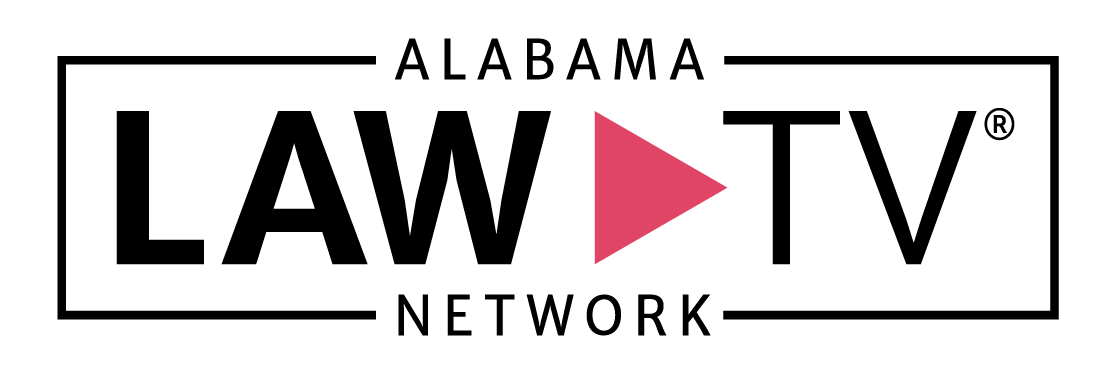How can addiction factor into eligibility for veterans’ disability benefits?
Addiction is a complex and often misunderstood issue. Therefore, for veterans struggling with substance use disorders, questions about how their substance abuse situation may impact their eligibility for benefits can be confusing. The Department of Veterans Affairs (VA) does recognize addiction as a condition that may be connected to service—but only under certain circumstances.
The VA does not award disability benefits for addiction alone when it is considered the result of willful misconduct. In general, substance abuse that began independently of a service-connected condition, or that continued voluntarily despite known harm, may not be compensable. However, there are exceptions. If addiction is shown to be secondary to a service-connected condition—such as post-traumatic stress disorder (PTSD), chronic pain or depression—it may be considered part of the veteran’s overall disability picture.
For example, if a veteran develops an opioid addiction after being prescribed pain medication for a service-related injury, the addiction may be recognized as a secondary condition. Similarly, if a veteran uses alcohol or drugs to cope with the symptoms of service-connected PTSD, and that use leads to a diagnosable addiction, the VA may grant benefits for the substance use disorder as part of the mental health claim.

 Navigation
Navigation